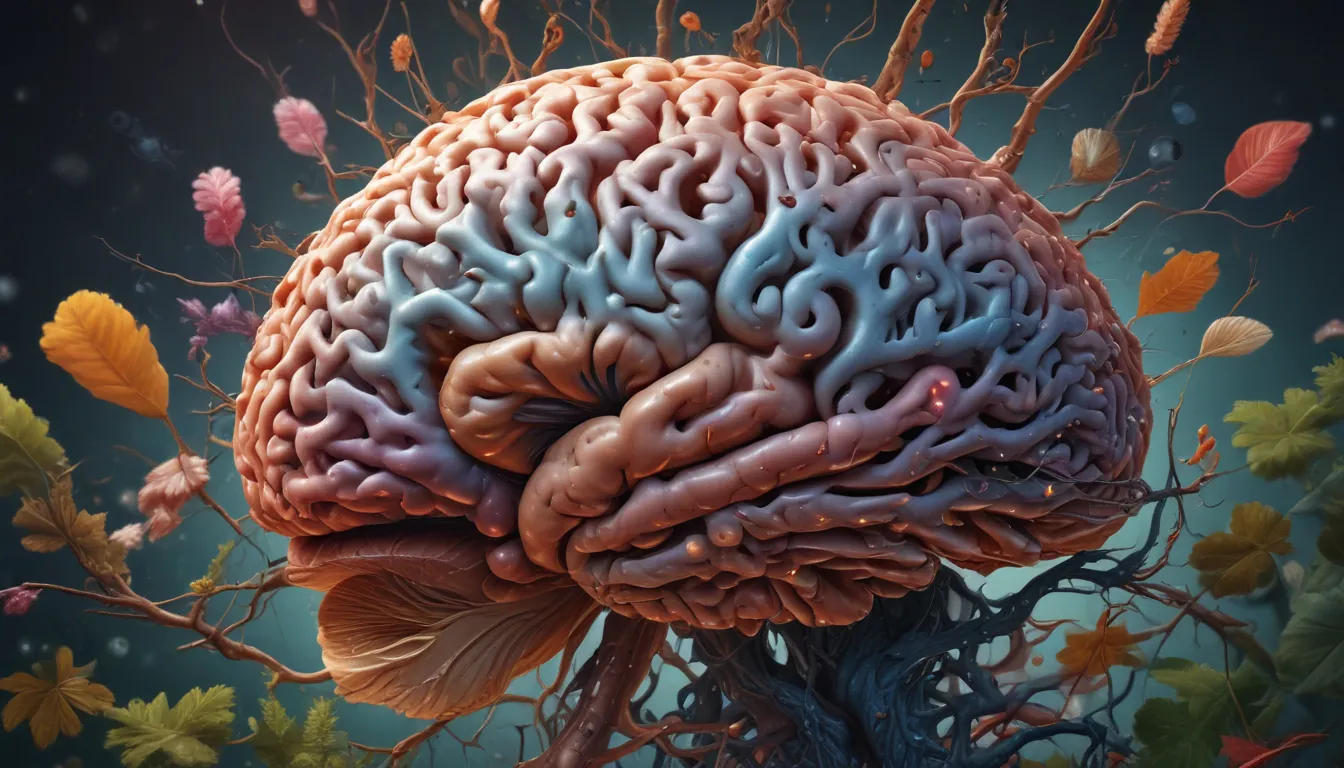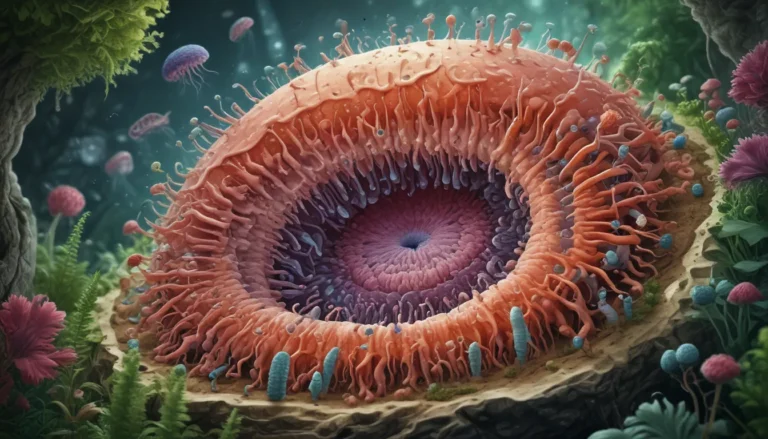A Note About Images: The images used in our articles are for illustration purposes only and may not exactly match the content. They are meant to engage readers, but the text should be relied upon for accurate information.
Neurotrophic factors are like the unsung heroes of our brain, quietly working behind the scenes to ensure the growth, survival, and functionality of our neurons. These fascinating molecules, also known as growth factors, are essential for the development and maintenance of the brain and nervous system. They regulate critical processes such as neurogenesis, synaptic plasticity, and neuronal survival, making them indispensable for our brain’s proper functioning.
In this article, we will embark on a journey to explore 19 intriguing facts about neurotrophic factors that will deepen your understanding of these remarkable molecules. From their discovery to their potential therapeutic applications, these facts shed light on the crucial role neurotrophic factors play in the realm of neuroscience. So, join us as we delve into the world of neurotrophic factors and unravel the mysteries behind their extraordinary influence on brain health and function.
Unveiling the Magic of Neurotrophic Factors
Neurotrophic factors are a family of proteins that serve as essential building blocks in the growth, development, and survival of neurons. These proteins, often hailed as the superheroes of our brain, play a pivotal role in memory, learning, and mood regulation. They ensure that our neurons flourish, form connections, and thrive, ultimately contributing to the overall well-being of our brain.
The Role of Neurotrophic Factors in Brain Health
- Promotion of Neuronal Survival: Neurotrophic factors provide crucial support to neurons by enhancing their survival and promoting their differentiation into specialized types.
- Impact on Learning and Memory: Research suggests that neurotrophic factors significantly influence cognitive function, particularly in learning and memory processes.
- Crucial for Neuroplasticity: Neurotrophic factors are key players in neuroplasticity, the brain’s ability to reorganize itself and form new connections, contributing to the flexibility and adaptability of the nervous system.
Unraveling the Mysteries of Neurotrophic Factors
The Versatility of Neurotrophic Factors
- Neurotrophic factors are produced by a variety of cell types, underscoring their importance in maintaining neuronal health.
- They can act locally, influencing nearby neurons, or travel long distances to reach their target cells, coordinating cellular responses across different regions of the nervous system.
Exploring Therapeutic Potential
- Imbalances in neurotrophic factor levels have been linked to neurodegenerative diseases like Alzheimer’s and Parkinson’s, underscoring their therapeutic potential in treating these conditions.
- Scientists have synthesized neurotrophic factors in the laboratory, paving the way for potential therapeutic applications and deeper understanding of their roles in the nervous system.
A Glimpse into the Future
- Neurotrophic factors have shown promise in nerve regeneration post-injury or disease, with strategies aimed at enhancing their effects potentially leading to improved recovery outcomes.
- Some neurotrophic factors can cross the blood-brain barrier, opening up exciting possibilities for therapeutic interventions in various neurological conditions.
Nurturing Brain Health Through Neurotrophic Factors
Influence of Lifestyle Choices
- Lifestyle factors such as exercise, diet, and stress can impact neurotrophic factor levels, highlighting the importance of adopting a healthy lifestyle to promote brain health.
- Neurotrophic factors play a vital role in synaptogenesis, the formation of synapses crucial for the development and organization of the nervous system.
Embracing the Potential
- Neurotrophic factors have been associated with modulating pain perception, presenting new avenues for developing innovative pain management strategies.
- They also play a role in promoting neurogenesis in specific brain regions, essential for ongoing brain plasticity and potential recovery from injuries.
Unraveling the Connection to Aging
- Changes in neurotrophic factor levels have been linked to the aging process and age-related cognitive decline, offering insights into promoting healthy brain aging.
- Beyond the nervous system, neurotrophic factors have shown promise in diverse fields such as tissue engineering, wound healing, and regenerative medicine.
Embarking on a Journey of Discovery
Neurotrophic factors hold the key to unlocking the brain’s incredible potential for growth, adaptation, and resilience. As we deepen our understanding of these fascinating molecules, we pave the way for groundbreaking advancements in the field of neuroscience. From unraveling the mysteries of neurodegenerative diseases to harnessing the power of neuroplasticity, the possibilities for transformative discoveries are endless.
Embrace the Journey of Exploration
Our dedication to delivering informative and engaging content stems from our commitment to providing you with valuable insights and knowledge. Each fact shared on our platform is a testament to the collaborative efforts of our diverse community of users, contributing to a wealth of credible and fascinating information. Trust in our pursuit of accuracy and authenticity as we guide you through the world of neurotrophic factors and their profound impact on brain health and function.
Embark on a Journey of Discovery
Neurotrophic factors are truly fascinating molecules that hold the key to unlocking the mysteries of the brain. From their vital role in neuronal survival and growth to their potential therapeutic applications, the world of neurotrophic factors is a realm of endless possibilities. As we continue to unravel the complexities of these remarkable molecules, we embark on an exciting journey that has the potential to revolutionize our understanding of the brain and improve the lives of individuals affected by neurological disorders. Explore the wonders of neurotrophic factors and embark on a journey of discovery that will reshape the landscape of neuroscience.





